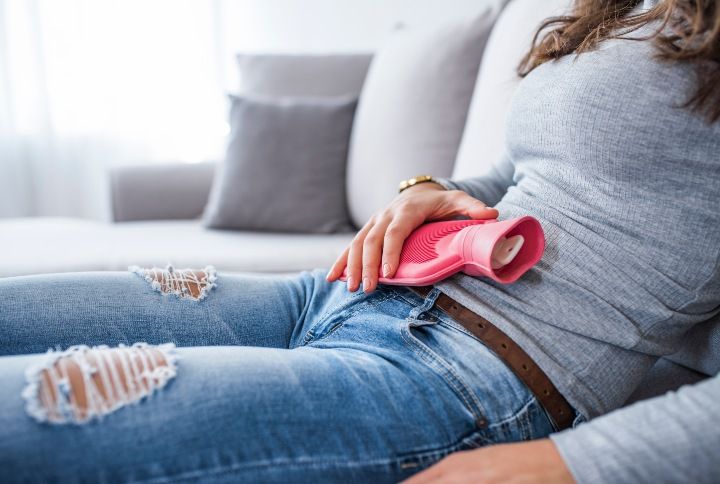Cramps, bloating, mood swings, hormonal acne, food cravings—period-related concerns are a dime a dozen. So, we invited Dr Neetu Khurana Sodhi, an OB/GYN, to address are most-common period concerns, and provide answers to questions the Tribe had about periods and menstrual health. Dr Neetu is the President and Medical Director of Bloom Obstetrics and Gynecology in Tarzana, California. Read on to know all that she shared!
Q. I feel really low on energy during my periods. What can I do to improve my energy levels? Also, do Vitamin C tablets work?
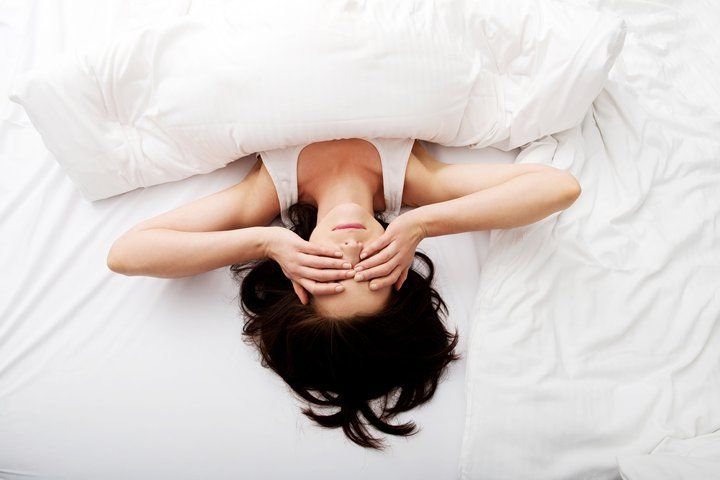
Hormonal changes before your periods can lead to mood changes as well as changes in energy. If your periods are very heavy and you are losing a lot of blood this could also contribute to a lack of energy. Eating iron-rich foods, exercising, avoiding processed or sugary foods and getting good sleep could help. There is minimal or mixed evidence for Vitamin C supplements improving energy. Focusing on the recommendations above would have a better impact on your energy level during your periods.
Q. Are menstrual cups sanitary and safe? I’ve heard so much about them but I don’t know whether it’s for me.
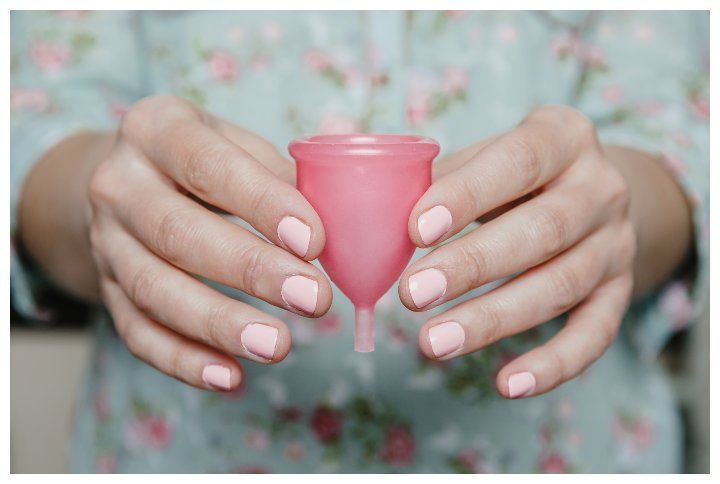
If you have access to running water and soap, menstrual cups are both sanitary and safe. They come in different sizes and the companies that sell them give guidance on how to choose your size correctly. If there is any leaking, it is likely due to an improperly sized cup.
Q. I have headaches at the onset of my period. What can I do to relieve them?
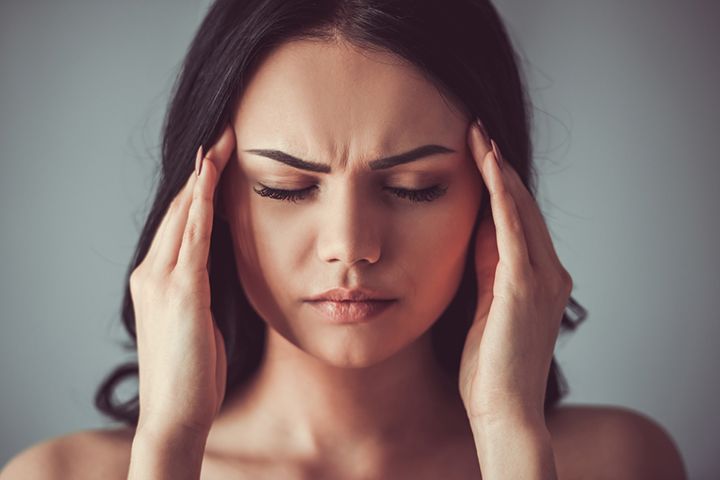
Headaches are common during the onset of periods due to the rapid fluctuation in hormone levels. Most experience tension-type headaches which are also common due to stress. Some experience menstrual migraines which are more severe headaches, commonly on one side of the head, and associated with sensitivity to light and/ or sound. Make sure to stay hydrated. Exercise also helps.
Q. What food items should be avoided during periods?
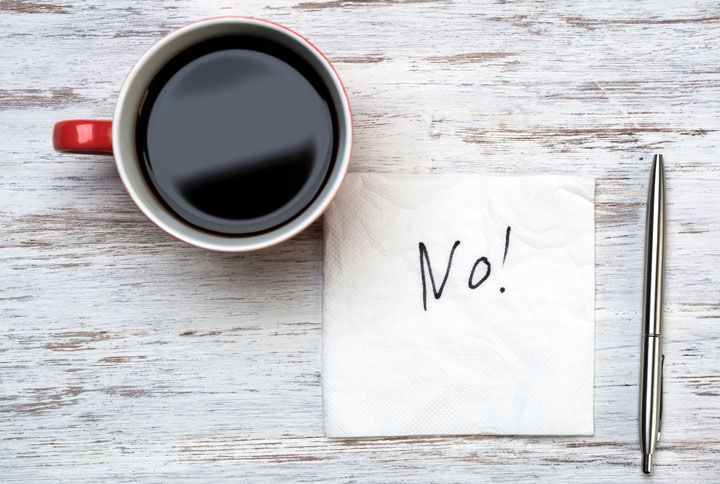
Foods to avoid include caffeinated foods, processed foods, oily or fried foods, and refined sugars.
Q. How frequently should we change our pads even if the flow is not a lot. Is it fine to wear the same pad for more then 12 hours if there is less flow?
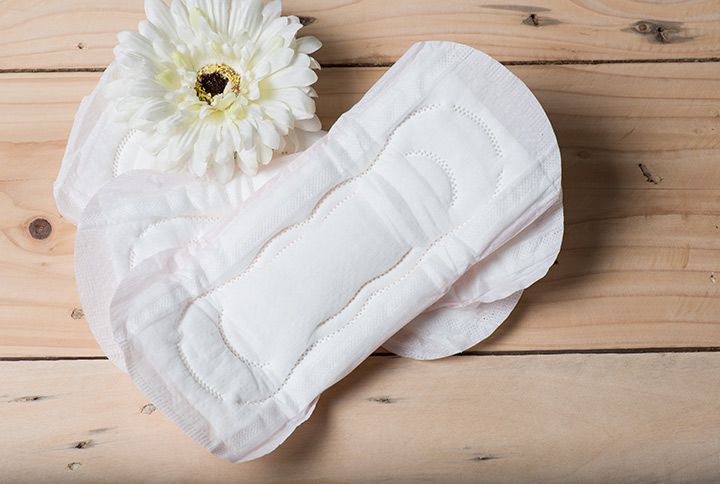
It is advisable to change pads every six to eight hours. Some “overnight pads” are made to last a bit longer but should be changed when you wake up.
Q. I have awful cramps, I want to avoid taking pain killers, I use a hot water bottle but sometimes that isn’t enough. What do you recommend? Also is it advisable to exercise?
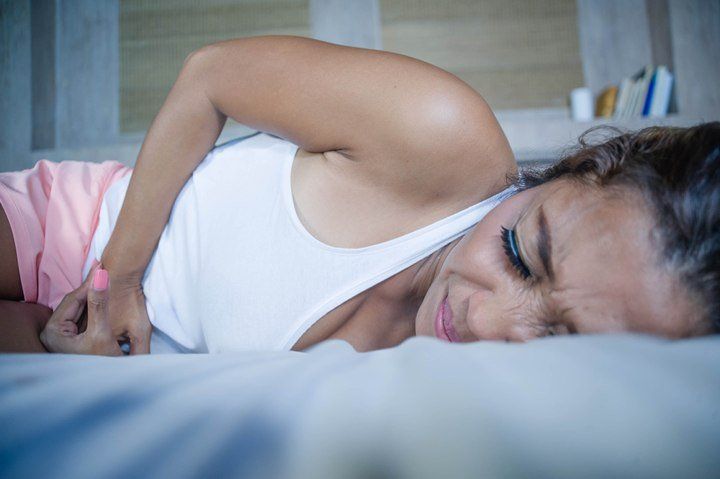
Cramps can be mild to very painful. Periods come every month so be kind to yourself and use painkillers if your cramps are interfering with your mood, your work or your relationships. Things that can help include exercise, avoiding caffeine or refined sugars, vitamin B supplementation, shatavari, use of a heating pad or a hot water bottle, and yoga. If you have other symptoms associated with periods and the cramps start before the onset of your period, I suggest being evaluated for possible endometriosis which may require hormonal therapy.
Q. I become extremely emotional and sensitive a week before my period. Besides eating healthy food, drinking enough water, vitamin supplementation and exercise, how can I control this problem?

You are doing the right things. If these symptoms are severe enough to be affecting your work or relationships then I would seek out a specialist near you. It is important to distinguish between premenstrual syndrome (treated as mentioned above), premenstrual dysphoric disorder (treated with hormones or antidepressants), and underlying psychiatric conditions such as depression/anxiety (various treatments). You are not alone.
(Please note: This is a part of a project called The Bloody Truth with the Desai Foundation. DFT is a community development organisation focused on bringing health and livelihood to women and children in rural India. Its flagship program, Asani Sanitary Napkins, brings awareness, access and livelihood opportunities to thousands of women.)
What’s your biggest concern when it comes to your menstrual health? Please share it with us in the comments below!
Join Malini’s Girl Tribe on Facebook to be a part of more such conversations!

